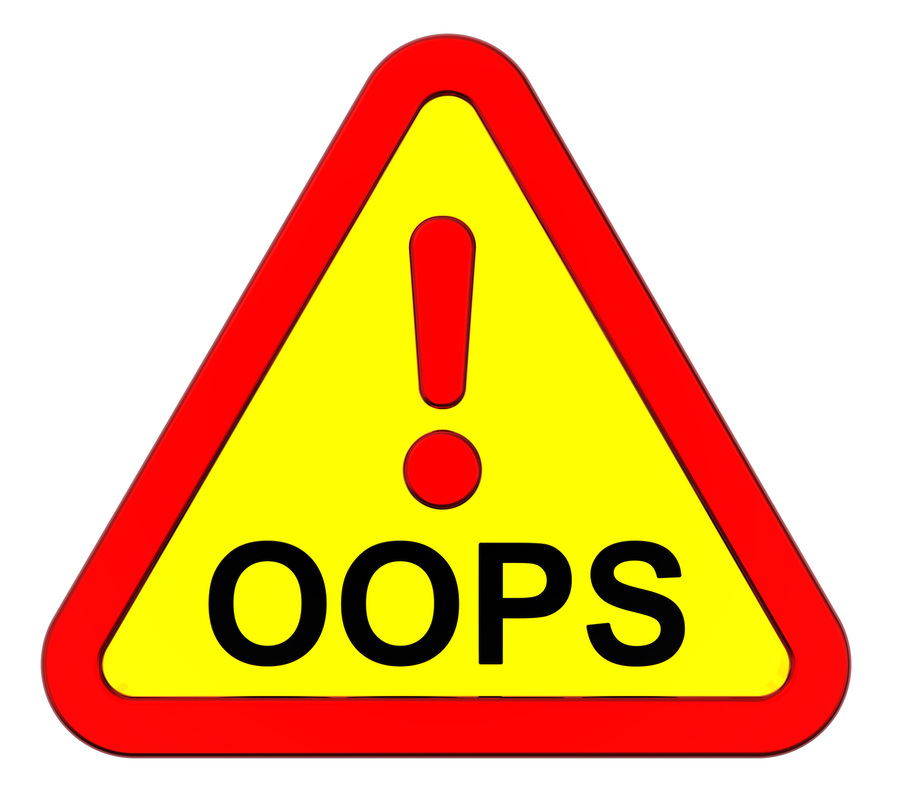When I was in elementary school, we experimented with bacteria.
This pretty much amounted to spitting in a petri dish, and then watching the mold grow.
Same stuff that grows on bread if you let it sit too long.
On the one hand, it’s a pretty basic process.
You mix a bunch of ingredients and watch the stuff grow.
If you buy a hundred loaves of bread and let them sit in your kitchen too long, they’ll grow the same kind of mold every single time.
Yet at the same time, WHAT that mold really is has baffled scientists since forever.
Sure, they can describe it, predict how and where it grows, but WHAT exactly is “life?”
How did it start?
Their best guess was that lightening somehow gave the primordial ingredients the energy they needed to transform from inorganic matter to organic matter.
Or God intervened.
Or maybe aliens.
Who knows?
On the one hand, it’s very, very predictable.
On the other hand, it’s almost magical.
Our emotions are the same way.
From inside our own minds, from our own subjective experiences, emotions can be wonderful, horrible, confusing, inspiring and everything in between.
Yet at the same time, certain chord progressions, which can be mathematically described and explained, tend to evoke the same emotions in many people.
On the outside, it’s purely scientific and rational.
But on the inside, simple songs can evoke very deep and powerful emotions.
Same with movies.
Produced with rational thinking creators, who know what type of story structures work, and which ones don’t.
Even cookie cutter Disney movies make people feel deep emotions.
At the same time, our emotions are indescribable, but easy to “manipulate.”
Not the best word.
But every time you specifically choose to see an action movie, or a horror movie, or a romantic tearjerker, you are HOPING your emotions will be manipulated in the right way.
The more effective a movie manipulates your emotions, the BETTER the movie is.
If the movie DOESN’T manipulate your emotions, it’s not believable.
What about one on one?
Can we use the same process?
Absolutely.
And if you create the RIGHT emotions, it doesn’t matter if you are creating them as rationally as the directors and actors and writers to get paid gobs of cash.
Because your target will feel WONDERFUL.
Learn How:







